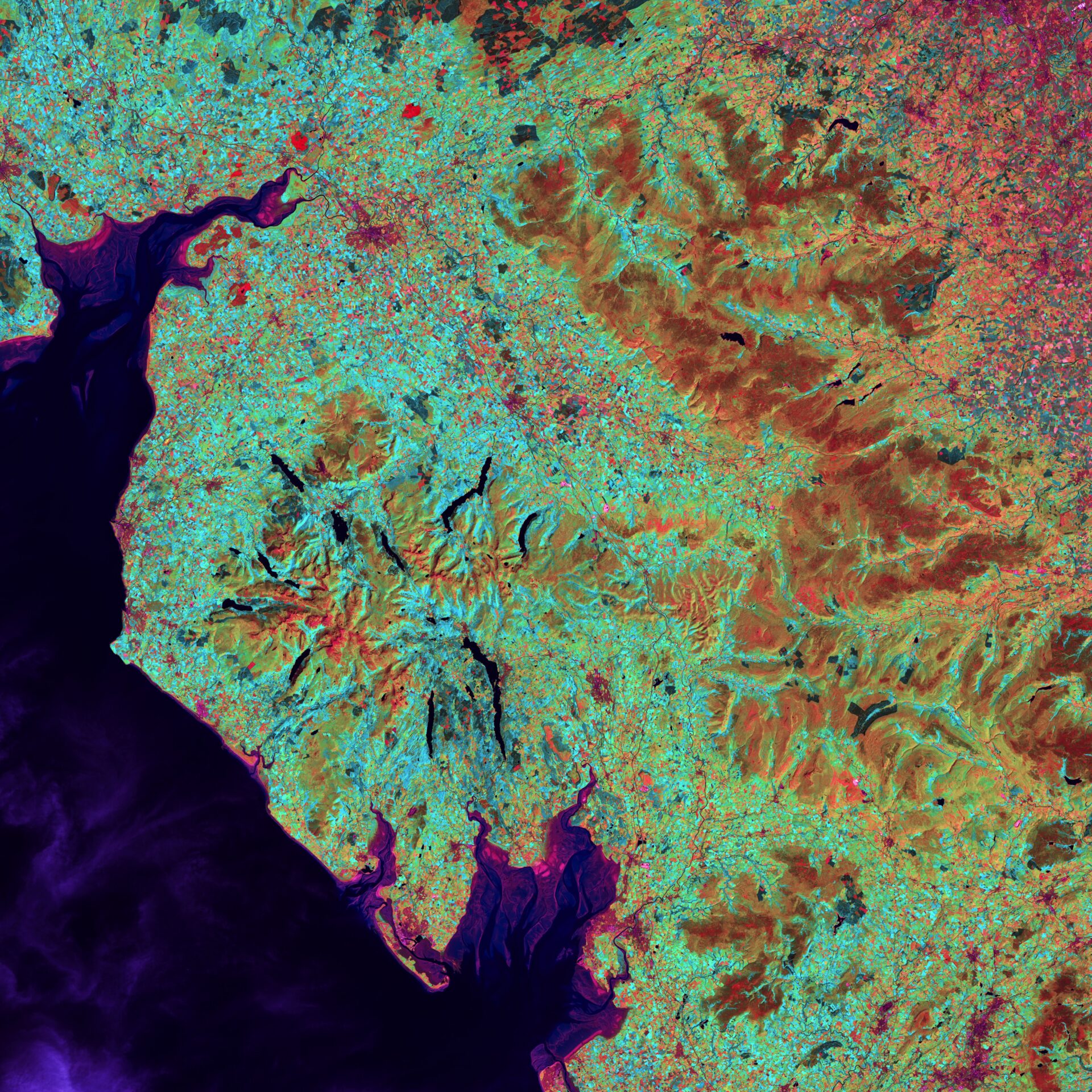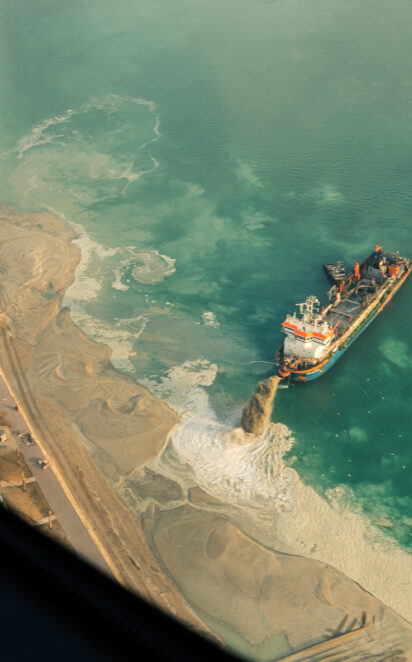Project Lead: Stockholm Resilience Centre
Support: Stanford Center for Ocean Solutions, University of British Columbia, Gulf of Maine Research Institute
Financial Support: Government of Canada
Location: Global
Summary
ORRAA has commissioned a series of reports on ocean risk and resilience in Small Island Developing States (SIDS) and Least Developed Countries (LDCs). This report explores the new era of “Blue Acceleration”, associated risks and opportunities for coastal communities, and the role that finance, public or private, can play in assisting transformation towards an equitable and sustainable blue economy.
Challenge
The prospect of a new era of blue growth poses unprecedented sustainability and governance challenges for the Ocean, with marine ecosystems facing cumulative pressures from local human impacts, global climate change and diverse socioeconomic drivers. Driven by increasing consumption patterns, a decline in land-based sources, and technological progress, the hopes and expectations for the Ocean as an engine of future human development are increasing and have become ubiquitous. As a consequence, the prospect of a new era of blue growth is increasingly finding its way into policy documents and depicting the marine realm as the next economic frontier, resulting in considerable investments and the emergence of new ocean-based industries with a diversity of interests.
With two-thirds of the Ocean lying beyond national jurisdiction and with a fragmented ocean governance landscape, this poses great challenges and increasing calls for a rapid transformation towards improved sustainability. This scramble for the seas also poses issues of equity and benefit sharing: if there is a rush for the ocean, then who is winning? And who is being left behind?
Solution
The report describes issues of equity and benefit sharing currently playing out in this new phase in humanity’s use of the Ocean, the ‘Blue Acceleration’. It highlights how SIDS and LDCs are at particular risk to stranded assets, and explores the role that finance, both public and private, can play in assisting transformation towards an equitable and sustainable blue economy.
Scalability and Next Steps
This ‘Blue Acceleration’ is taking place in stark contrast to the slow pace at which new policy is being developed. Scaling up and accelerating the shift towards ocean stewardship requires a collective and collaborative effort across the entire value chain. To do this, financial investments, including unlocking capital to increase finance and directing existing flows towards sustainable practices, are critical in helping to close the ocean finance gap.




